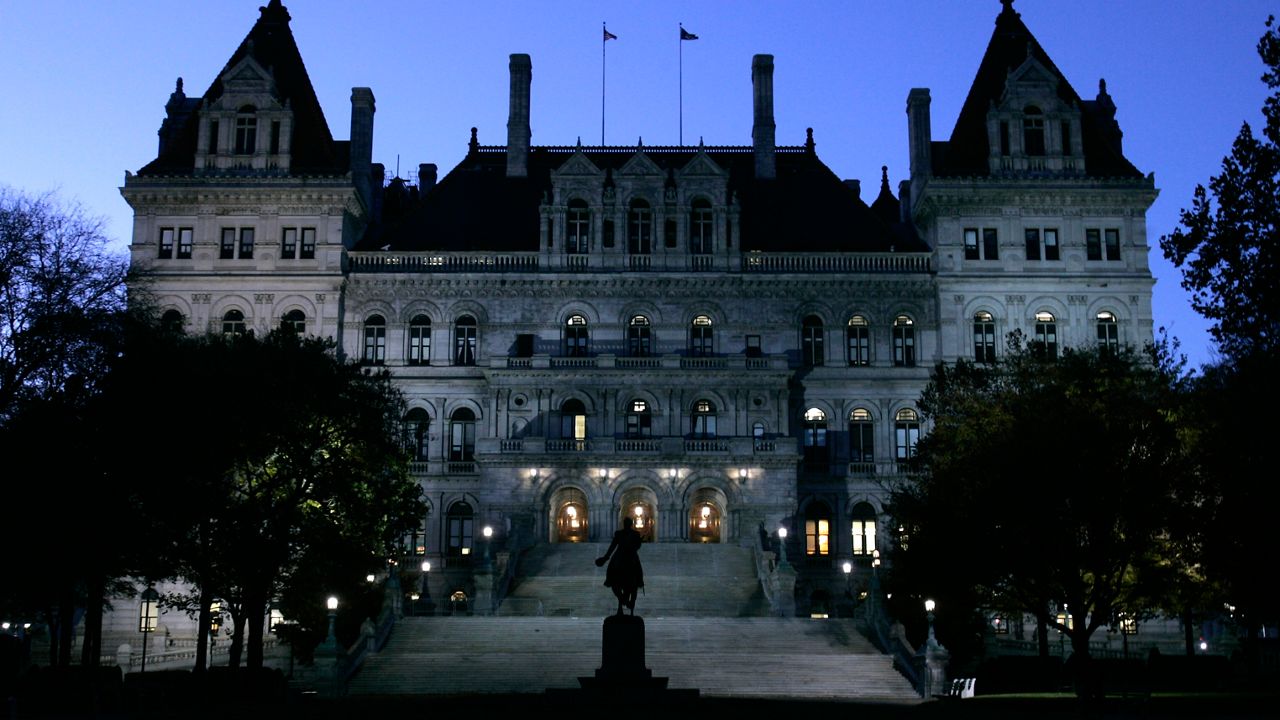Last week the race for governor on the Democratic side began to truly take shape: New York City Public Advocate Jumaane Williams launched an exploratory committee, Attorney General Letitia James sharply criticized former Gov. Andrew Cuomo's criticism of her office's report on sexual harassment and inappropriate behavior and Democratic Committee Chairman Jay Jacobs urged prospective candidates give Gov. Kathy Hochul more breathing room.
On the Republican side, the primary has been underway for months, with Rep. Lee Zeldin securing the majority of local county chairs, and rival candidates vowing to take their case directly to GOP primary voters in June.
Most New York voters can be forgiven if they have not been following the blow-by-blow of this over the last several weeks. After all, there is still the worldwide disruption of the COVID-19 pandemic, debates over getting kids back to school and their parents in the workplace.
Polling has shown many voters have no opinion of or do not know enough about any of the leading candidates for governor on either side to form an opinion of them.
But what issues will animate voters come June when those enrolled in a party select their nominees? What will send them to the voting booth in the November general election? If recent elections in New York and around the country are any guide, it likely won't be state-based issues, but national ones.
Blame the passionate feelings about former President Donald Trump, intense polarization that has led to a geographic sorting of voters or the atomization of local news. But increasingly all local politics has gone national. In 2018, Cuomo secured a third term over Democratic rival Cynthia Nixon and later Republican Marc Molinaro by casting the race as one against Trump.
California Gov. Gavin Newsom successfully beat back a recall challenge by nationalizing the stakes in his race as well. And in Virginia, Democrat Terry McAuliffe is working to do the same as he seeks to keep the state Democratic blue.
New York's race for governor will likely hinge on who voters feel is best to handle issues like the pandemic, climate change and, depending on what the U.S. Supreme Court says about Roe v. Wade, abortion rights.
"The reasons are pretty clear: On choice, in terms of approach to COVID, women’s reproductive health, the environment, racial attitudes, etc., etc., the Trump brand in a NYS general election is a shroud over the aspirations for a Republican revival," said Bruce Gyory, a former advisor to several governors and an adjunct professor at SUNY Albany.
Campaigning against Trump, or a Trump-like Republican in New York, could test the time limits for how bad the brand is for Democratic and independent voters, even if the former president remains popular with Republicans.
"In short, if the eventual GOP nominee feels that he (and so far no she’s in the GOP race) must prove he is the most pro-Trump candidate in that primary to win, that will likely drive the Democratic nominee and ticket to nationalize the general election race," Gyory said.
It is, of course, difficult to predict what the mood of voters will be six months from now, much less a year. A Supreme Court ruling on, say, reproductive rights could further nudge that issue into New York's election-year politics.
On Saturday, Hochul appeared at a women's march event in Albany, re-affirming her pledge to keep the state's abortion and reproductive rights laws in place.
"While I'm still alive as your first female governor ever in the State of New York, I will protect those rights, I will make that torch glow even brighter before I pass it on to the next generation and together we'll send a message across this nation - you come to New York, we'll protect your abortion rights every single day of the week," she said. "We are leading in this state into the future, and we will be there for all of you across America."
James, who stirred talk of a campaign in a speech that was very much an Albany-centric critique of state government last week to a business group, is also looking a bit more outward: This week she is launching a "HealNY" tour to deliver funding to communities affected by opioid addiction. The plague of drug addiction is certainly a national story, but every community in New York — and the country — has a different story to tell.



